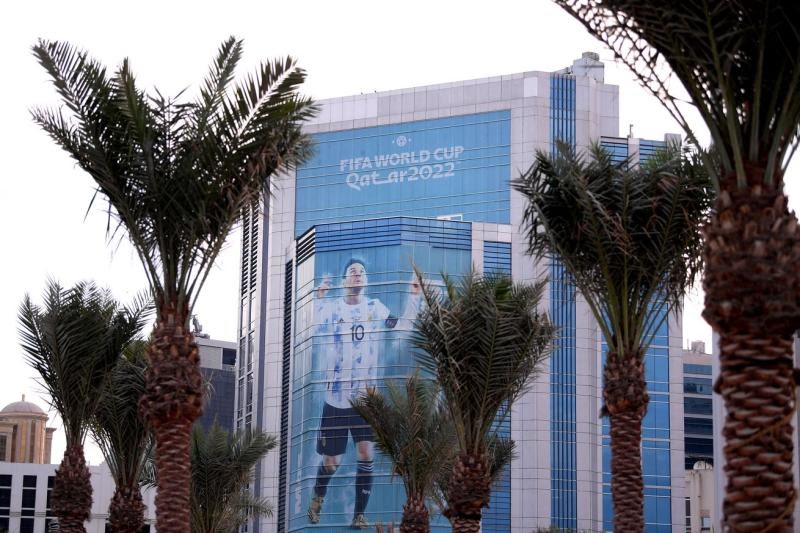By defining precautions to protect participants and spectators from inappropriate content, Meta seeks to prevent harassment issues at the FIFA World Cup in 2022. It culminated in a social media boycott by teams and organisations in England during the 2021 European Championship tournament after Facebook and Instagram were accused of failing to protect Black players on England's national football team from racist abuse.
The anti-harassment features on Instagram, such as "hidden phrases" and "limits," were today made public by Meta in a blog post. Meta said it works with clubs and associations like FIFA to train players to use these features. However, none of these components is distinctive or specifically designed for the World Cup. The report states that between April and June of this year, it was able to take action against more than 17 million instances of hate speech.
Meta noted in a blog post, “We have clear rules against bullying, violent threats, and hate speech, and we don’t want it on our apps.” Tensions are increasing around the 2022 FIFA World Cup, with fans and players criticizing the host nation for its human rights violations against migrant workers, women, and LGBTQ individuals.
Meta describes several tools that allow users to essentially perform their own moderation, including the ability to adjust post-by-post comment rights, disable direct public communications, and block offending users. However, these options may not be appropriate for public figures who wish to engage freely with their audience.
FIFA and the broader football industry (soccer, if that wasn’t clear) already have a poor reputation regarding the behaviour of its supporters and members. Still, the upcoming 2022 FIFA World Cup in Qatar has heightened concerns. Since FIFA gave the tournament to Qatar — a decision the United States Department of Justice concludes was the consequence of bribery by FIFA officials — human rights protests have continued.
A 2021 study determined that at least 6,500 migrant workers perished in Qatar due to harsh working conditions (including a lack of access to water). Investigations conducted by Amnesty International and The Guardian revealed that the migrant labourers compelled to construct Qatar’s stadiums were effectively enslaved, as they were not compensated and had their passports revoked to prevent escape.



